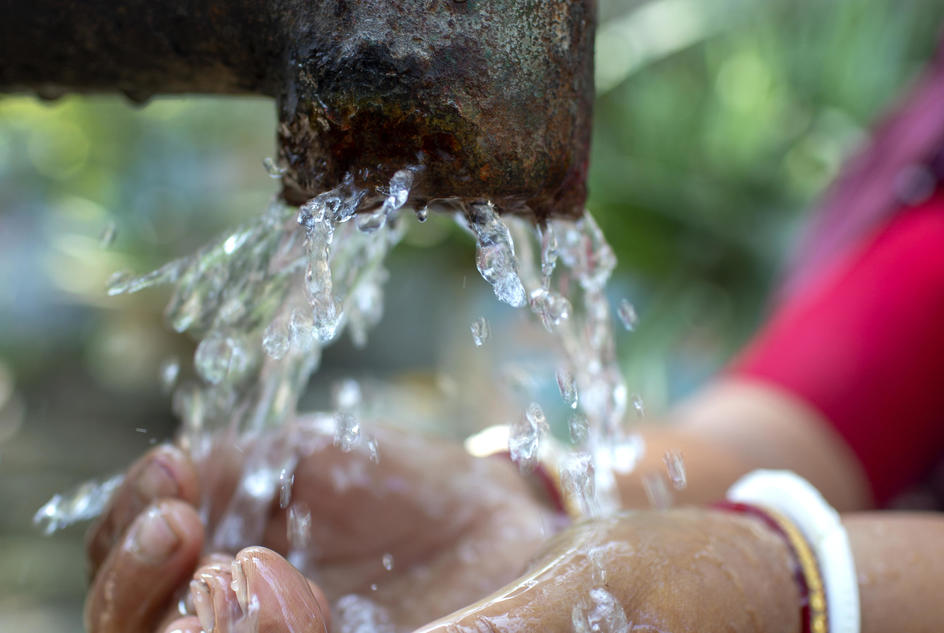
BY AMOS BATISAYI
ACCESS to clean and safe water has remained a big challenge in Zimbabwe’s rural communities, with families forced to walk long distances in search of the precious liquid.
Shamva district, in Mashonaland Central province, is one of the areas where communities were battling critical water challenges due to siltation of various water sources.
Several boreholes that used to be a source of water in these rural communities had broken down, with no one to fix them.
People in these communities have no option, but to tap into unprotected sources like dams, rivers, ponds and open wells.
With population growth, pressure mounted on the few remaining water points.
UN Sustainable Development Goal number 6 (SDG 6) calls for clean water and sanitation for all people.
With support from different international partners, Welthungerhilfe (WHH), a Germany humanitarian international organisation, other international non-governmental organisations and the government have made important strides in supporting community-based initiatives towards improving access to water, sanitation, and hygiene in various areas in the country.
- Chamisa under fire over US$120K donation
- Mavhunga puts DeMbare into Chibuku quarterfinals
- Pension funds bet on Cabora Bassa oilfields
- Councils defy govt fire tender directive
Keep Reading
WHH head of WASH programmes Shadreck Kundishora told NewsDay that their organisation was supporting hygiene promotion, borehole drilling, construction of new piped water schemes and latrine construction in schools, among others.
“As an organisation, we have been doing various interventions in Mashonaland Central province and in particular Shamva and to date, the WASH situation in this district has greatly improved and will reach better levels soon since we are still in the district, with a number of these WASH interventions.” Kundishora said.
Families and community members now have access to clean water and girls spend less time walking to collect water.
Kundishora said: “WHH has embarked on borehole drilling, borehole rehabilitation, piped water schemes and demand-led sanitation, which has helped more than 10 550 households. Approximately 39 600 people have benefited from these interventions”.
He said his organisation was contributing to the country’s WASH activities.
Rachel Mushore, ward 8 councillor, said WHH interventions had eased water challenges.
“People used to fetch water from disused mine shafts and shallow wells. The water was just not clean for human use. The piped water schemes and borehole rehabilitation with support from WHH is a welcome development in our community,” she said.
Elizabeth Nyakamu, a community member, said they used to walk long distances to fetch water before the WHH intervention,
“The situation was so bad in our community such that we relied on water from dams, rivers and wells. We used to walk long distances to fetch water. We would walk more than 5km and spend many hours in queues at the boreholes,” she said.
A total of 178 boreholes have either been rehabilitated or drilled, while four piped water schemes with a total of 52 stand pipes have been established by WHH in Shamva district.
“We are grateful to the government of Zimbabwe for linking us with development partner WHH who are getting funded by charity. We urge water and other donors to contribute to the development agenda,” Shamva acting district development co-ordinator Tendai Tichareva said.
- Follow us on Twitter @NewsDayZimbabwe










